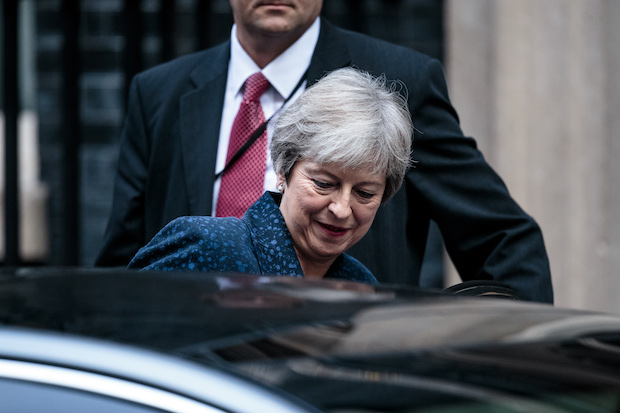There is no Brexit transition period without a withdrawal agreement. There can be no withdrawal agreement without a deal on the Irish border, the trickiest issue as I say in the magazine this week, so extending the transition cannot solve this problem.
Now, some say that extending the transition makes it less likely that the Northern Irish backstop would ever have to be used. But it is worth remembering that the DUP’s objections to the backstop are philosophical as much as practical, they don’t like even acknowledging the idea that Northern Ireland should be treated so differently to the rest of the UK.
It is hard to imagine the DUP voting for a withdrawal agreement that contained a Northern Ireland specific backstop anywhere close to the one that Michel Barnier has proposed, even if it came with assurances that it wouldn’t be used. If the DUP won’t vote for the withdrawal agreement on Unionist grounds then that will lead some Tory MPs, including some unexpected ones, to rebel. As one Cabinet Minister likes to point out, you don’t just need the DUP for the numbers, but for moral authority too.
Extending the transition would also have a knock-on effect on May’s leadership. At the moment, some defenders of hers argue that she should be allowed to stay until Brexit is done; the end of the transition. But the longer the transition goes on for, the less likely the bulk of the Tory parliamentary party will be to accept this argument. Instead, they’ll be more likely to conclude that she should leave soon after March 2019 to give a new Prime Minister the maximum time to negotiate a trade deal with he EU and make an impact on domestic policy before the next election.







Comments